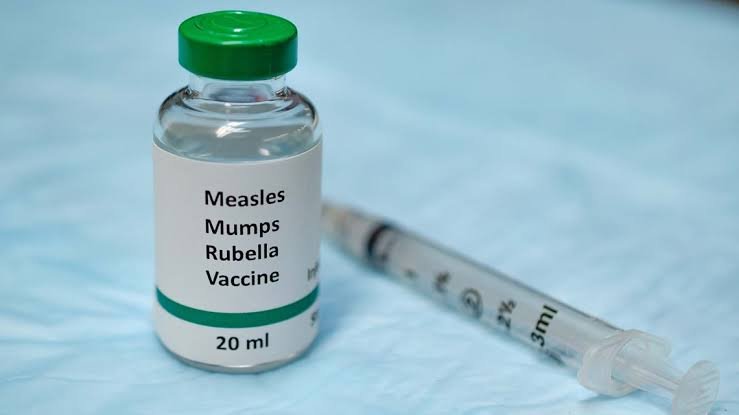Korede Abdullah in Lagos
The Nigerian government is facing severe challenges, recording the highest number of under-five deaths from vaccine-preventable diseases as the World Health Organisation (WHO), UNICEF, and Gavi have warned that increasing outbreaks of vaccine-preventable diseases like measles, meningitis, and yellow fever threaten decades of progress achieved through immunisation efforts.
The global organisations, in a joint statement cited misinformation, population growth, humanitarian crises, and funding cuts as key factors jeopardising millions of lives worldwide.
“Vaccines have saved more than 150 million lives over the past five decades,” said WHO Director General Dr Tedros Adhanom Ghebreyesus, cautioning that “funding cuts to global health have put these hard-won gains in jeopardy.”
UNICEF’s Executive Director, Catherine Russell, added, “The global funding crisis is severely limiting our ability to vaccinate over 15 million vulnerable children in fragile and conflict-affected countries against measles.”
Rising measles cases, meningitis surges in Africa, and a resurgence of yellow fever now threaten global health stability, while nearly half of WHO-monitored countries report disruptions to immunisation services due to funding shortfalls.
Despite progress such as the elimination of Wild Polio Virus in 2020 and the recent expansion of Human Papillomavirus (HPV) vaccination efforts, outbreaks of diseases like diphtheria, meningitis, and the circulating variant poliovirus (cVPV2) persist.
Experts including Chika Offor, CEO of Vaccine Network for Disease Control, warned that “shrinking fiscal space and competing national priorities further threaten immunisation programmes,” and stressed the urgent need for increased investment.
Stakeholders like Dr Nihinlola Mabogunje and Dr Mohammad Lecky called for strengthened vaccine routine services, improved surveillance systems, local vaccine production, and treating immunisation as a national security priority to prevent recurring outbreaks and safeguard future health outcomes.
Despite mounting challenges, WHO, UNICEF, and Gavi emphasise that immunisation remains one of the most impactful health interventions, saving nearly 4.2 million lives annually. Investments in initiatives like the ‘Big Catch-Up’ and global vaccine stockpiles are critical.
“Increasing outbreaks of highly infectious diseases are a concern for the whole world. The good news is we can fight back,” said Dr Sania Nishtar, CEO of Gavi, as she called on donors to fully fund Gavi’s next strategic period, aiming to save eight million lives by 2030.
Health experts agree that consistent financing, community mobilisation, robust legislation, and building stronger primary healthcare and disease surveillance systems are vital for Nigeria and other nations to protect public health and ensure resilience against future crises.



